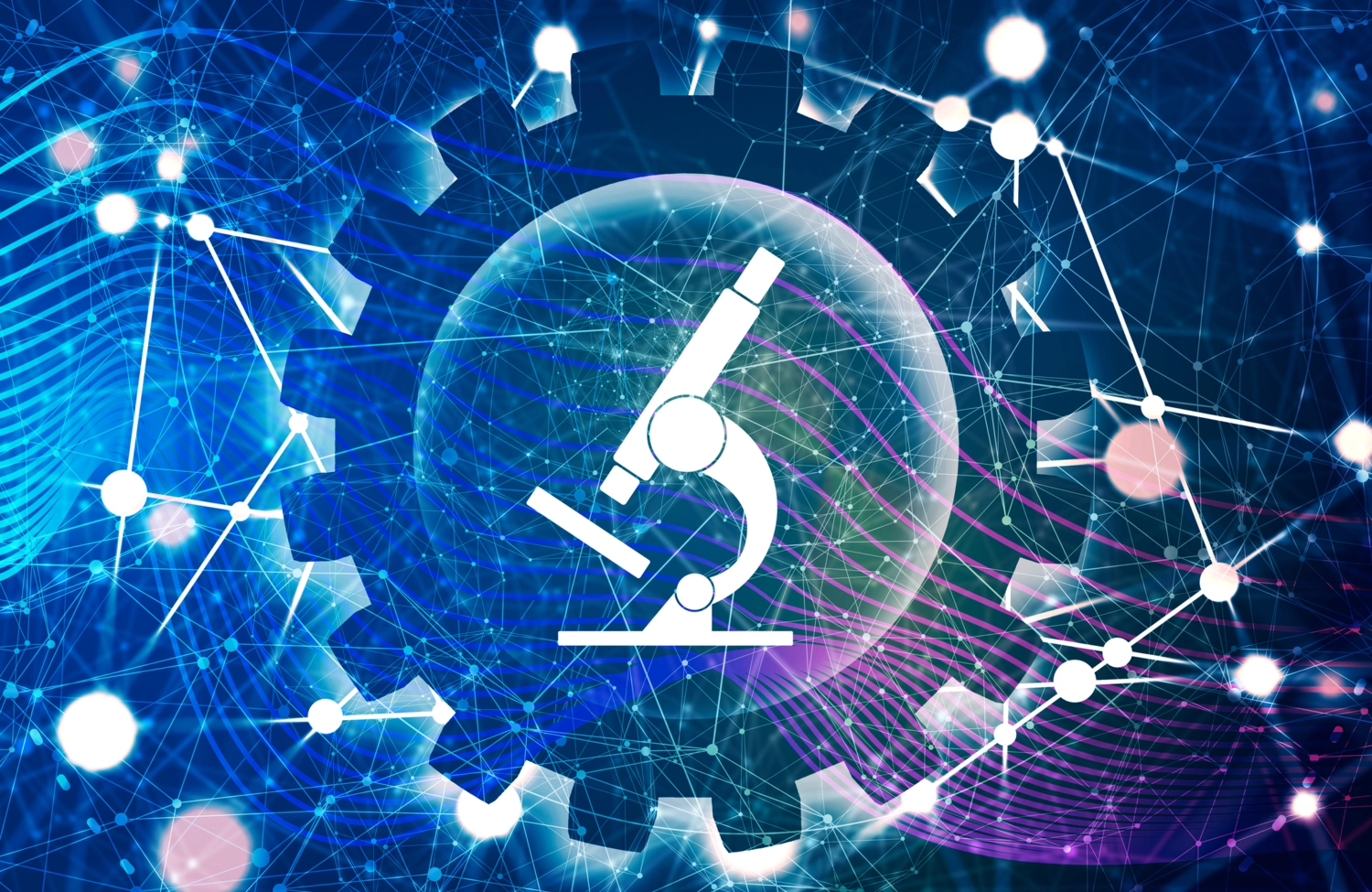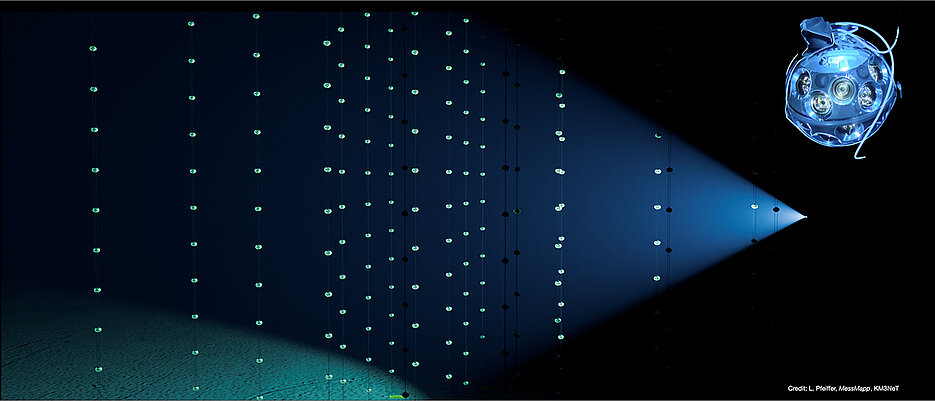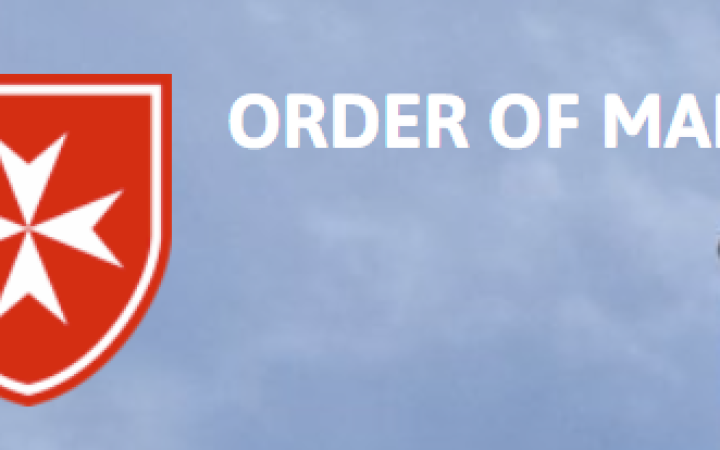Expanding aquaculture in the Amazon could provide nutritional and economic benefits at a fraction of the environmental cost of cattle grazing, according to a Jan. 24 paper in Nature Sustainability from Cornell researchers and colleagues in the U.S. and Brazil. Such expansion could also come with risks, especially the potential introduction of harmful non-native species, the paper finds.
“Cattle production is one of the most important drivers of deforestation in the Amazon,” said Felipe Pacheco, an Eric & Wendy Schmidt AI in Science Postdoctoral Fellow in the Department of Ecology and Evolutionary Biology. “Aquaculture produces 10 times fewer greenhouse gas emissions and uses 20-100 times less land than cattle production. We think the expansion of aquaculture could be an important tool to advance food security and sustainability in the Amazon.”
Cattle grazing is responsible for about 80% of the deforestation that has occurred in the Amazon over the past 30 years. The loss of forest land in one of the most biodiverse landscapes on Earth has led to significant species declines, and widespread forest burning to clear land for cattle has now caused the Amazon rainforest to become a net carbon emitter, rather than a carbon sink.
Modern aquaculture in the Amazon began in the 1980s, and it has become the fastest-growing animal-sourced food system in the five Amazonian countries included in the new study (Bolivia, Brazil, Colombia, Ecuador and Peru). However, total aquaculture production still pales in comparison to beef: in 2021, Brazil produced 120 thousand tons of fish from aquaculture, but 10.6 million tons of beef.
Field observation by researchers from the Federal University of Rondônia at an aquaculture pond in Alto Paraíso, Rondônia, Brazil.
Expansion of aquaculture, though more sustainable than cattle production, would come with significant challenges, the authors find. Particularly around the potential introduction of invasive species and in land-use change. Tilapia, for example, is not native to the Amazon but is farmed in some Amazonian countries; tilapia can outcompete native species and damage river ecosystems, harming biodiversity.
Some aquaculture systems can also cause harmful land-use changes, especially when ad hoc ponds are created along streams, said Alex Flecker, paper co-author and professor of ecology and evolutionary biology. Such setups block normal stream connectivity – especially problematic in impeding fish movement – and introduce excessive nutrients to waterways, he said.
The authors advocate for five key principles to enable sustainable expansion of aquaculture in the Amazon:
- Policies that incentivize placing aquaculture farms on already degraded land.
- Using diverse species in aquaculture ponds to improve sustainability and resource efficiency.
- Enhancing equitable benefits sharing among producers and distributors.
- Improving information flow to benefit producers, markets, policy development and environmental assessment.
- Improving producers’ access to technology and financial resources.
“These are big challenges,” Flecker said. “If aquaculture is done well, both from an environmental and a socioeconomic perspective, there are all kinds of potential benefits out there, but there are also really big challenges to get it right.”
This research is part of a broader effort to address sustainability challenges in food production systems in the Amazon by integrating cutting-edge computational tools to track aquaculture expansion, Pacheco said. The study exemplifies the collaboration between ecologists and computer scientists in developing innovative solutions for environmental monitoring and resource management, he said.
The research was initially funded through an Academic Venture Fund award from Cornell Atkinson Center for Sustainability, where several of the authors have a Faculty Fellow or postdoctoral affiliation. Additional funders include Schmidt Sciences programs, Eric and Wendy Schmidt AI in Science Postdoctoral Fellowship and AI2050 Senior Fellowship, a Cornell Mario Einaudi Center seed grant, the Air Force Office of Scientific Research, the ³Ô¹ÏÍøÕ¾ Science Foundation, the ³Ô¹ÏÍøÕ¾ Institute of Food and Agriculture, Brazil’s ³Ô¹ÏÍøÕ¾ Council for Scientific and Technological Development, the Large-Scale Biosphere-Atmosphere Research Program in the Amazon, the São Paulo Research Foundation, the Rondônia Research Foundation and the Tocantins Research Foundation.
Additional co-authors at Cornell include: Carla Gomes, the Ronald C. and Antonia V. Nielsen Professor of computer science and an AI2050 Schmidt Fellow; Kathryn Fiorella, associate professor of public and ecosystem health in the College of Veterinary Medicine (CVM); Meredith Holgerson, assistant professor of ecology and evolutionary biology; Peter McIntyre, associate professor of ecology and evolutionary biology; Xiangtao Xu, assistant professor of ecology and evolutionary biology; Joshua Fan, a doctoral student in computer science; Laura Greenstreet, a doctoral student in computer science; Sebastian Heilpern ’10, a Schmidt AI in Science Postdoctoral Fellow in CVM; Claire DiLeo, D.V.M. ’24; Marcela Miranda, visiting fellow in the Department of Ecology and Evolutionary Biology; Suresh Sethi, adjunct associate professor of natural resources and the environment. Co-authors beyond Cornell are affiliated with Indiana University; University of Delaware; Federal University of Juiz de Fora, Brazil; Federal University of Rondônia, Brazil; ³Ô¹ÏÍøÕ¾ Institute for Space Research, São José dos Campos, Brazil; ³Ô¹ÏÍøÕ¾ Institute for Amazonian Research, Manaus, Brazil; University of Texas Rio Grande; Earth Innovation Institute; Sao Paulo State University; and Embrapa Fisheries and Aquaculture, Palmas, Brazil.
Krisy Gashler is a freelance writer for Cornell Atkinson.







